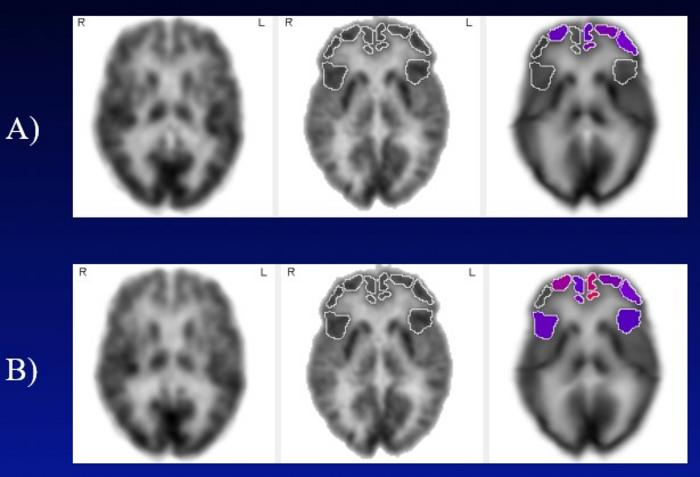A UCLA study breaks new ground by showing that hearing aids can slow the acceleration of brain aging in adults with mild cognitive impairment (MCI).
The researchers tracked brain metabolism in three groups: those with untreated hearing loss and MCI, those with MCI using hearing aids, and a control group. They measured metabolism in 47 brain regions, especially focusing on areas critical for memory and executive function.
Why it matters
The findings confirm that hearing loss contributes to accelerated cognitive aging. However, hearing aids can preserve crucial brain functioning and delay the onset of impairment.
- Hearing aids can help people with MCI maintain their self-sufficiency and quality of life.
- Those who seek treatment at the first signs of hearing decline may be able to stave off cognitive as well as communicative difficulties.
Details
- From the Alzheimer’s Disease Neuroimaging Initiative database, researchers identified subjects with mild cognitive impairment (MCI), and hearing loss and had annual brain scans for years.
- Subjects were then categorized into groups: those with untreated hearing loss, those who treated their hearing loss with hearing aids, and a demographically matched control group with no diagnosed hearing impairment.
- Brain scans for the three groups were analyzed for the rate-of-change in 47 standardized areas of interest.

Row A: Frontal cortical regions with below-normal metabolism (less than 5th percentile, displayed in color) at baseline, in subjects with mild cognitive impairment and untreated hearing loss.
Row B: Frontal cortical regions with below-normal metabolism two years later. Brighter red colors correspond to a more severely diminished metabolism. In contrast, the group of subjects using hearing aids did not undergo a significant decline in any frontal cortical region over the same time.
Key findings
- Those with untreated hearing loss showed greater metabolic slowing in 6 frontal and 2 temporal regions, areas responsible for problem-solving, planning, and aspects of memory.
- The hearing aid group's metabolic activity remained stable across all evaluated frontal areas, indicating hearing aids provided a protective effect against neurological decline.
- No frontal region declined faster in the hearing aid group compared to the control group, suggesting hearing aids may effectively reduce cognitive aging and related dementia risk.
The takeaway
- Adults noticing initial mild memory problems along with hearing decline now have an avenue for stabilizing their brain health.
- Getting early treatment with hearing aids buys valuable time in preserving independence and quality of life.
Concerned about hearing loss?
★ For facts about hearing loss and hearing aid options, download The Hearing Loss Guide.
★ Sign up for our newsletter for the latest on Hearing aids, dementia triggered by hearing loss, pediatric speech and hearing, speech-language therapies, Parkinson's Voice therapies, and occupational-hearing conservation. We publish our newsletter eight times a year.
★ Call 708-599-9500 to schedule a free, 15-minute hearing screening by an audiologist.
Don't let hearing loss rob you of your health and happiness.

